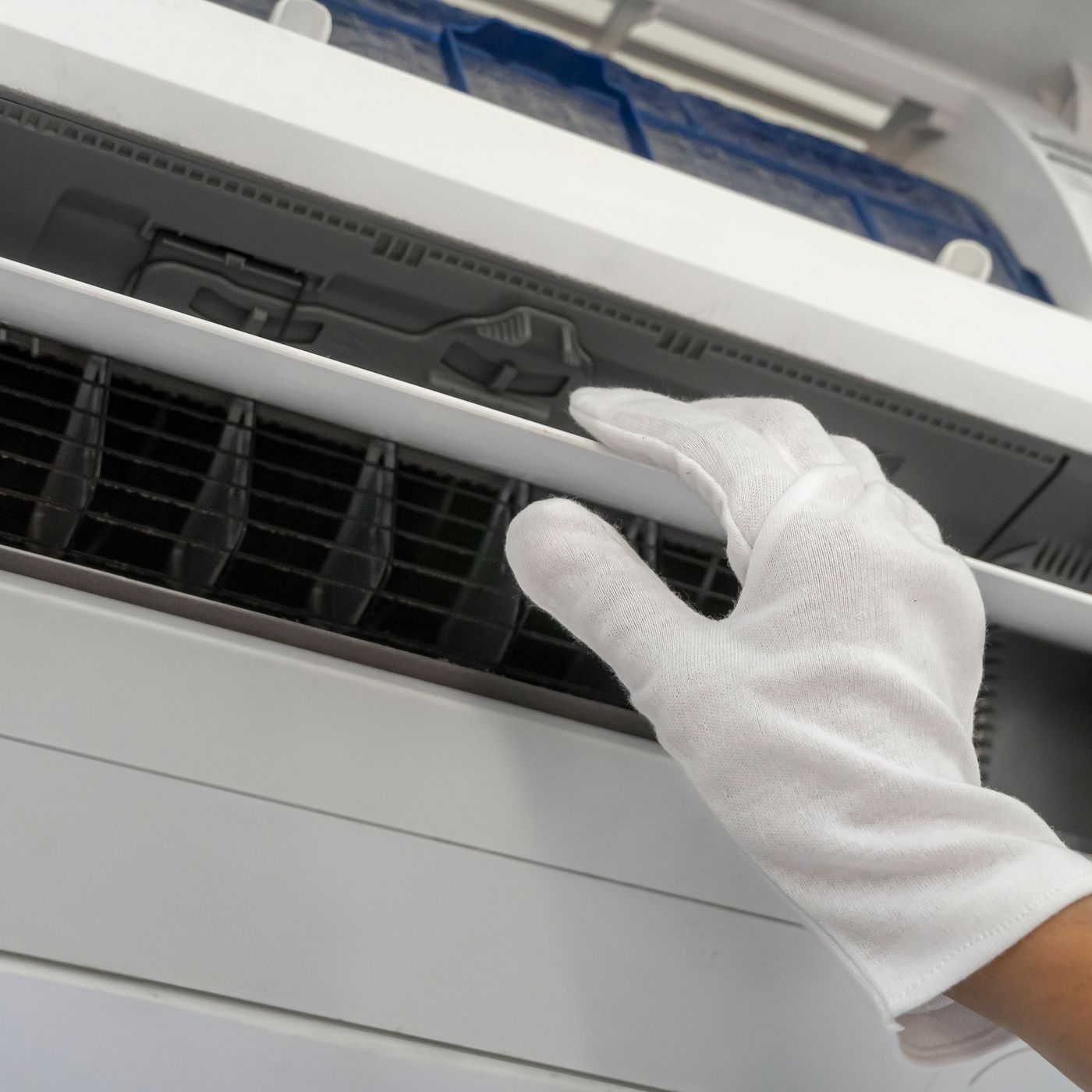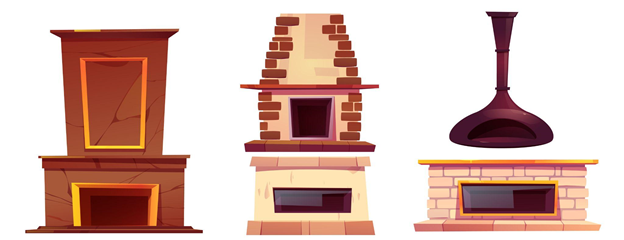Heat pumps are aptly named. They move or pump warmth from one location to another utilizing a compressor as well as fluid or gas refrigerant. Heat is extracted from outside resources and then pumped indoors. The compressor pumps the cooling agent between two warmth exchanger coils. In one coil, the refrigerant evaporates at reduced stress which permits it to absorb warmth.
The cooling agent is then pressed as well as sent out to the second coil which creates it to condense under high pressure. The warmth is then launched and sent into the residence.
Heat pump systems are reversible. This enables it to send warmth into the residence in the winter months as well as draw warmth out in the summer season.
You can consider your refrigerator as a type of heat pump operating in the cooling mode. Your refrigerator is an insulated device with a heat pump linked. The evaporator coil takes in heat and transfers it outside the device. The condenser gets rid of the warmth and condenses the gas into a fluid to cool it.
If you want to read a guide to heat pumps and finding the best contractor, please follow the link.
The Advantages of Heat Pumps
If you’re questioning what are the pros of a heat pump, here are the major ones.
Pros:
- Heat pumps normally have lower running costs
- Safer, as no carbon monoxide or gas outcome
- Usually, need less upkeep than burning systems
- Lower carbon emissions
- Peaceful operation
- Doesn’t dry out the air when heating
- One system can give heating and cooling
- One more advantage of heat pumps is the capacity to aid in regulating the humidity, a huge factor!
Residential heat pumps can also have a considerably longer lifetime than other types of heating. The common heat pump system lasts between 10-15 years. Some last for substantially longer. How long your system will last depends on use levels, as well as whether you give regular maintenance.
Disadvantages:
Heat pumps make use of ambient warmth from the air and ground to supply heat. When it’s incredibly cold outside, a heat pump can have a hard time locating the warmth resource it requires to effectively heat your home. This isn’t a problem for moderate climates yet under extreme conditions, a backup heating system may be required to take control of. That can increase your utility costs.
- The heat pump cost for installment can be pricey.
- Can struggle in extremely cool temperatures.
- Might require an indoor and outdoor component.





